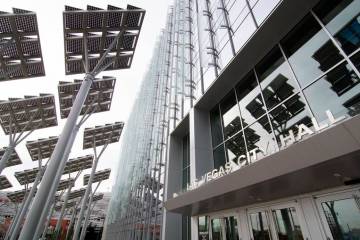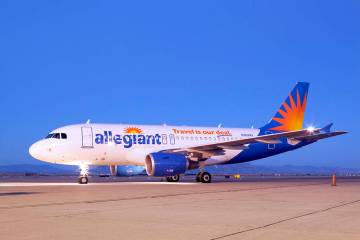Do we have to go over this again? Really?
Evidently, we do, because fuel-tax mania continues to afflict the nation.
▶ In February, Gov. Terry Branstad, R-Iowa, signed a 10 cent increase in the tax on gasoline and diesel, praising it as “the kind of bipartisan cooperation that really makes Iowa stand out as a state where we work together and we get things done on behalf of the citizens of our state.” The Iowa Farm Bureau, Iowa County Engineers Association, and Iowa State Association of Counties backed the increase.
▶ In March, Gov. Gary Herbert, R-Utah, signed legislation that raised the gasoline tax by a nickel and imposed a sales tax tied to the wholesale price of gas that may expand the total levy to 40 cents. The president of the Salt Lake chamber beamed that the law is a “fiscally conservative approach” that will save taxpayer dollars “through investments in maintenance and preservation needs, while also making investments for Utah’s future growth.”
▶ On May 5, Michigan voters will decide whether to approve a referendum that would boost the gasoline tax from 19 to 41.7 cents per gallon and the diesel tax from 15 to 46.4 cents, with a partial offset from the exemption of fuel taxes from the sales tax. Republican Gov. Rick Snyder thinks the measure, which includes an overall sales-tax hike, is “the right thing to do.” The Small Business Association of Michigan is on board, since “increased transportation funding is a crucial investment in moving Michigan forward with continued economic growth.”
There’s more, but you get the picture.
The success of fuel-tax predation relies on two grossly inaccurate assumptions. The first is the widespread, but easily dispelled, myth that the nation’s roads, highways and bridges are “crumbling.” The American Society of Civil Engineers relentlessly scaremongers about the “crisis,” but as liberal comedian John Oliver recently observed, having the organization scrutinize the condition of U.S. infrastructure is “a bit like having the state of our nation’s tennis balls assessed by the American Society of Golden Retrievers.”
A 2013 analysis by transportation scholar David T. Hartgen found that from 1989 to 2008, “the U.S. highway system actually improved on all seven measures” he studied, including pavement quality and fatality rates. According to the Cato Institute’s Randal O’Toole, “in the last two decades the number of structurally deficient bridges has declined by 44 percent, from more than 118,000 in 1992 to fewer than 67,000 in 2012, even as the total number of highway bridges increased from 572,000 to 607,000.”
Tax-hikers’ second shaky justification is that demographics, economic underperformance, and better miles per gallon are generating “inadequate” funding for surface transportation. They have a point. Whether at the federal or state levels, the amount of revenue collected by fuel levies isn’t growing the way it did in the second half of the 20th century. But stagnant or sagging coffers don’t necessarily require tax hikes. What about spending?
“The Road Forward,” just issued by the Texas Public Policy Foundation, is a useful primer for anyone seeking nontax methods to manage transportation systems. Author Chuck DeVore recommends a number of policy tools for the Lone Star State that are applicable elsewhere.
Procurement reform offers ample opportunities for savings. DeVore is a fan of the “design-build method,” whereby “a single contractor is responsible for designing and building a project as opposed to the traditional method of design-bid-build.” He considers the approach “generally cheaper and quicker,” citing a McKinsey &Co. estimate of 29 percent savings “on a large, complex project.”
Bureaucrat right-sizing holds promise as well. States should examine whether their transportation departments are overstaffed. Radical restructuring is possible. In the 1980s, New Zealand abolished its Ministry of Works and Development, replacing it with a department with 80 percent fewer employees. Priorities replaced politics at the new Ministry of Transport, which outsourced as much as possible to the private sector, and turned its attention to “policy advice, legislation, and industry concerns.”
DeVore is a critic of “mass transit’s large costs to the taxpayer and its lack of significant effect in reducing congestion.” The revenue sidetracked from fuel taxes to trains is particularly pernicious: “For every dollar of tax money diverted into inefficient urban rail programs, that’s a dollar kept out of taxpayers’ pockets and the private economy. Alternatively, it’s a dollar of taxes not put into road construction and true congestion relief.”
Political professionals, construction companies and union bosses, anti-mobility urban planners, reflexive backers of “public investments,” and eco-zealots are winning the War on Motorists. It’s time for a fierce and sustained counterattack.
D. Dowd Muska is a former Nevadan who worked for the Nevada Policy Research Institute. He lives in Corrales, N.M., and writes about government, economics and technology. Reach him at dowd@dowdmuska.com.







